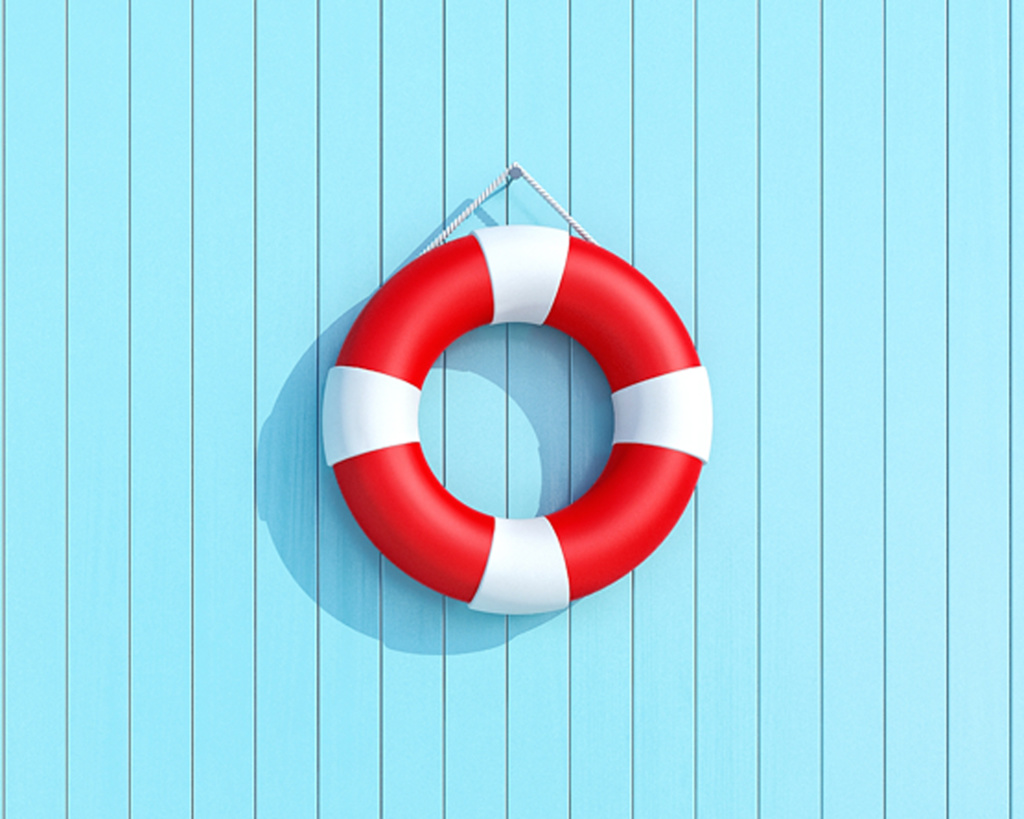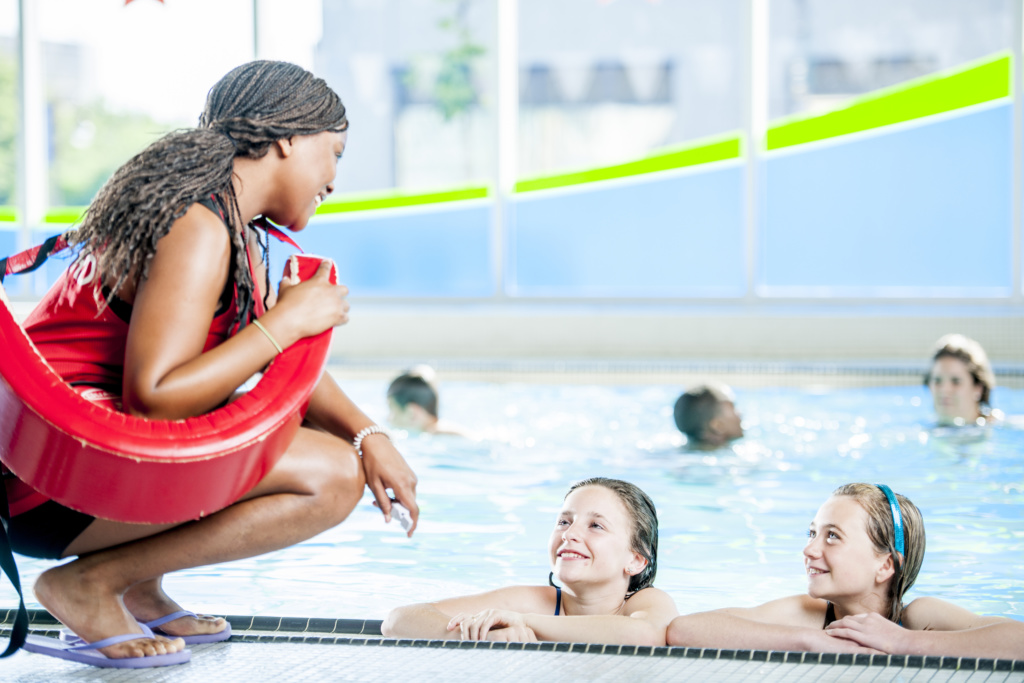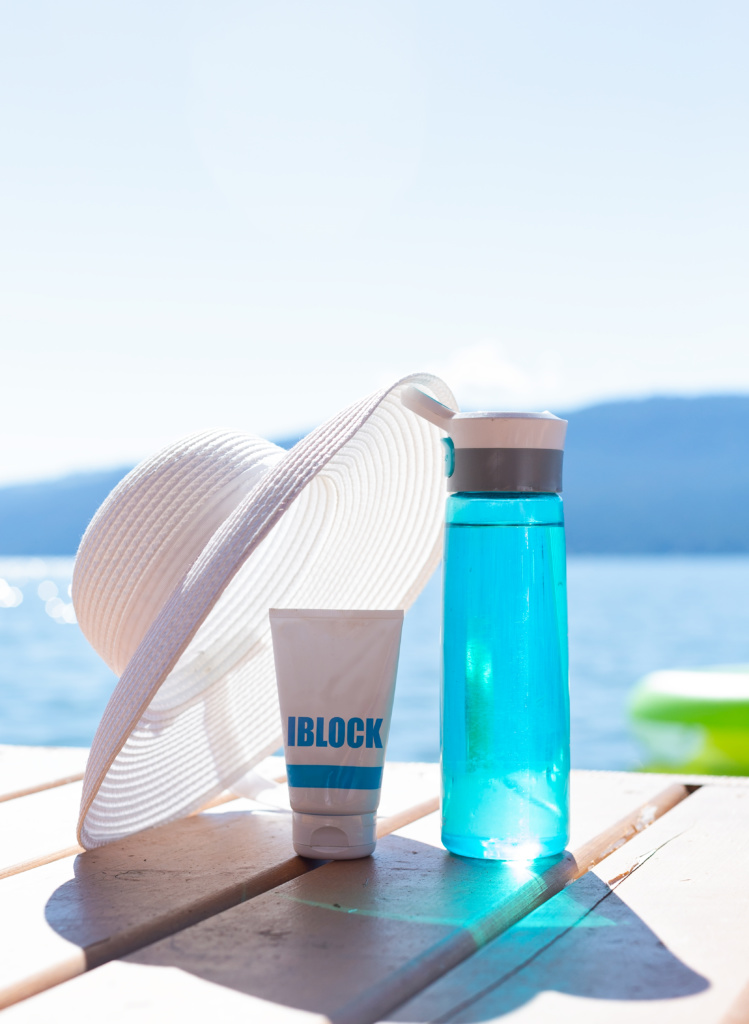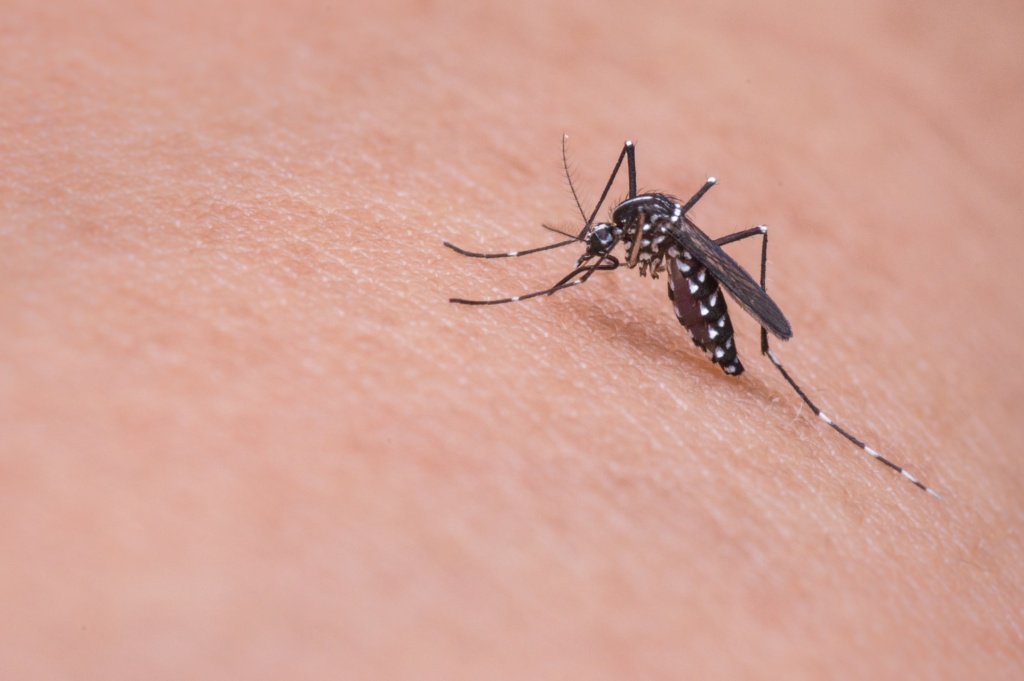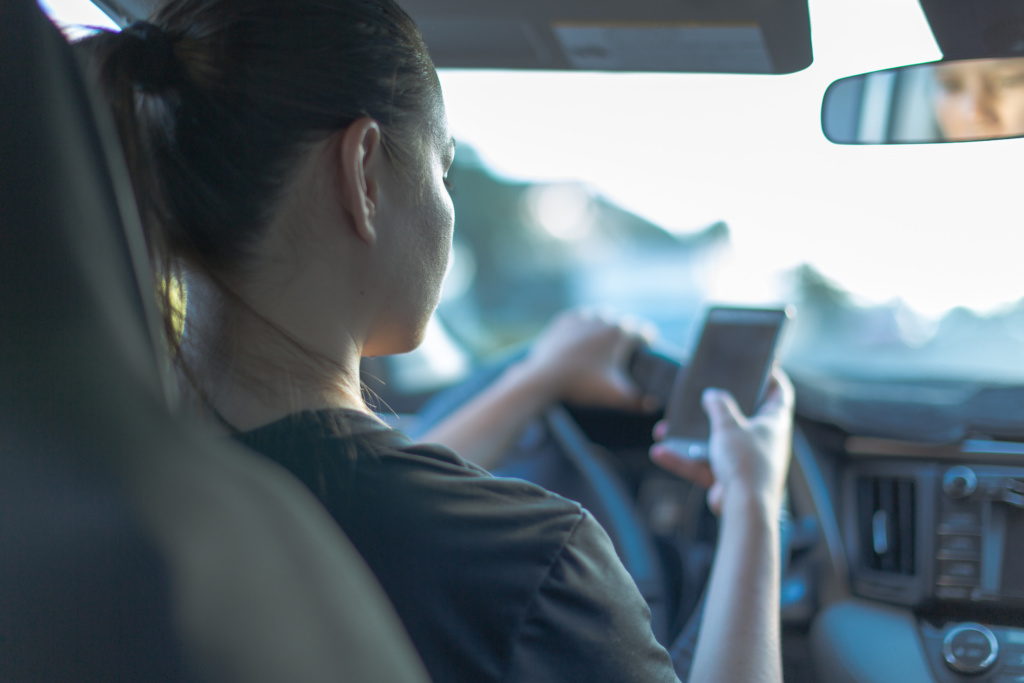Safety Tips for the Summer
Written by Maricella Raiford
Summertime is just around the corner and every kid is getting filled with excitement as the school year comes to an end. No more school means more time for activities, events, and new adventures! This may cause worry for you as a parent since your kids may have less supervision while you are away at work. Ease the stress on both you and your kids by educating them on a few summer safety tips. This will allow them to play safe while you get to have a peace of mind, and your family can enjoy their summer! Everybody wins! Here are a few topics that should not be overlooked as they become more common in the summer months:
Water Safety
Swimming, water parks, and water sports are inevitable, especially when the Texas heat is at its peak. A great way to cool off and keep your kids active is a nice swim at the local pool. It is important to pay attention to the rules and regulations for each pool such as no diving or no horseplay. Abusing these rules can cause serious injury or death to the swimmer(s). When it comes to water activities, every precaution should be taken seriously. The summer is a great time to get your child involved in swim lessons and safety classes. They can help your child overcome any fear of the water and learn what to do in the event of a mishap. Above all, never leave a child unattended. It is very important to know where your children are at all times, especially near a body of water. When doing water sports, always be sure to have on the proper gear in case of an accident, such as life jackets, swim shoes, and proper swim attire.
Sun/Heat Safety
Of course a sunny day keeps the children at play; just don’t forget to protect your skin from the rays! Sunburns can be sneaky and you may not feel the burn until after you have spent the whole day in the sun. Even though you may not feel a burn, it is always best to put sunscreen on. For the best results, apply sunscreen at least 15-30 minutes prior to sun exposure. That allows the sunscreen to be properly set onto the skin rather than getting washed off during activities. It is also important to reapply sunscreen if you are outdoors for long periods of time. Even with activities other than swimming, such as hiking, it is also best to wear protective clothing like a sunhat or pants. Don’t forget, your skin is a major organ that can get dehydrated due to heat and high activity. It also needs water to bring proper nutrients to the surface of the skin to naturally protect you from the sun. Of course, when drinking water, it first goes to vital organs such as the heart and lungs, so be sure to drink a supple amount of water so it can reach every part of your body. Know your boundaries in the sun. If you begin to feel weak and light-headed, let someone know. It could be your body warning you of a heat overload and you need to cool down right away. Always plan ahead for a hot day, consider shortening the amount of time you are outside or make a backup plan in case it is too hot for your activities. Be safe and keep a look out for the warnings signs of your children having too much exposure to the sun and heat.
There can be so many hazardous elements when enjoying the great outdoors. While protecting yourself from the water, sun rays, and heat, don’t forget about the insects that may come looking for a bite. Insects such as flies, mosquitoes, and ticks become more prevalent in the warmer months and may also carry diseases such as Lyme disease, the Zika virus, and West Nile Virus. Even bees, wasps, and ants can be dangerous, especially if you or your child has an allergic reaction to their sting. When going outdoors, be sure to use an insect repellent containing DEET which is an active ingredient that prevents insects from “smelling” it’s potential target. You can also wear loose protective clothing to cover vulnerable areas such as the arms and legs.
To Leave or Not to Leave?
Some parents are not sure what age is a good age to start leaving a child home alone. According to the Texas Department of Family and Protective Services, there is no specific age when all children can safely stay home alone. However, here are some deciding factors to consider when evaluating your child:
Is your child mature for his/her age?
Does your child handle responsibility/tasks well?
Is your child mentally and physically able to care for him/herself?
Does your child know what to do in the event of an emergency/or when unexpected visitors come to the door?
Is your child able to follow through with rules set by you, the parent?
Is your child willing to be left at home alone?
After reviewing these questions, hopefully you will have a better grasp on what to do in your unique situation. Although these guidelines can help you in your decision, there are many other factors to consider all the way from the neighborhood you live in to the amount of time the child would be left alone. They should also know helpful information such as your phone number, workplace, and family member contact information. If you decide to leave your child at home, try to start with a trial period to see what works and what doesn’t work. Since you know your child better than anyone else and have their best interests in mind, you can make the ultimate decision that is best for your kid(s).
Safe Teen Driving
When it comes to driving, rules have been established, not to throw restrictions on new drivers, but to prevent fatal accidents that have happened in the past. For example, the ban on texting while driving is in effect because too many people have had deadly accidents due to losing sight of the road. According to the Department of Motor Vehicles, teenage drivers account for more accidents than any other age group. Of course, beginners are just learning, but a teen driver does not have to be reckless on the road even as a new driver.
Discuss some of these tips with your teen before they hit the road:
- Cut out distractions. Don’t text. Put your phone away when driving. A text can wait until you get to your destination. Minimize the amount of “multitasking” while driving such as putting make up on, or eating a quick lunch.
- Pay attention to warning signs and drive the speed limit. If a road is curved and the next sign says to reduce your speed, it is to protect you from losing control. You could encounter unexpected elements around the corner, such as another car in the wrong lane or a fallen tree.
- Be aware of other drivers. You can become the victim of a careless driver. So when driving, be aware of your surroundings, steer clear of speedy and distracted drivers when you spot them. When at a stoplight, give yourself enough space to have a possible escape route in case someone is coming up too quickly.
- Pay attention to the weather. Take extra precautions in the rain; know that the roads may be slicker so try braking farther in advance. If the sun is shining in your eyes, try looking at the lines on the road to keep you on track and wear proper eye protection
- Listen to Your Parents. Your parents have had much experience in this area and have entrusted you with the responsibility of driving on the roads along with thousands of other drivers. If your parents have set a curfew for you, it is to keep you safe, and to protect you from the dangers of irresponsible drivers and possible threats.Respect the rules they have set for you because it is for your safety.
